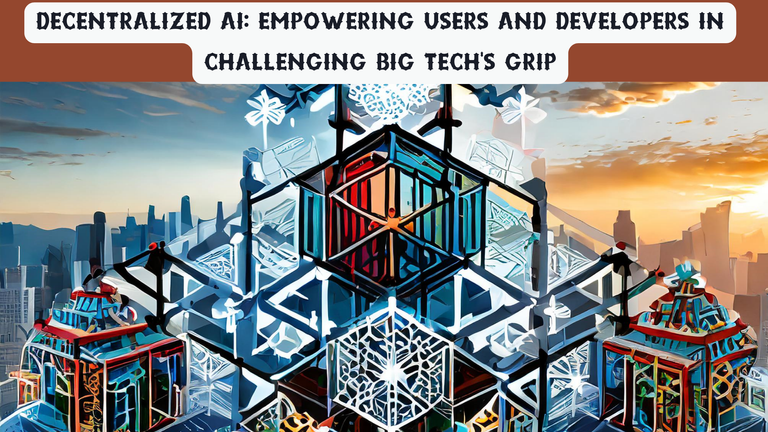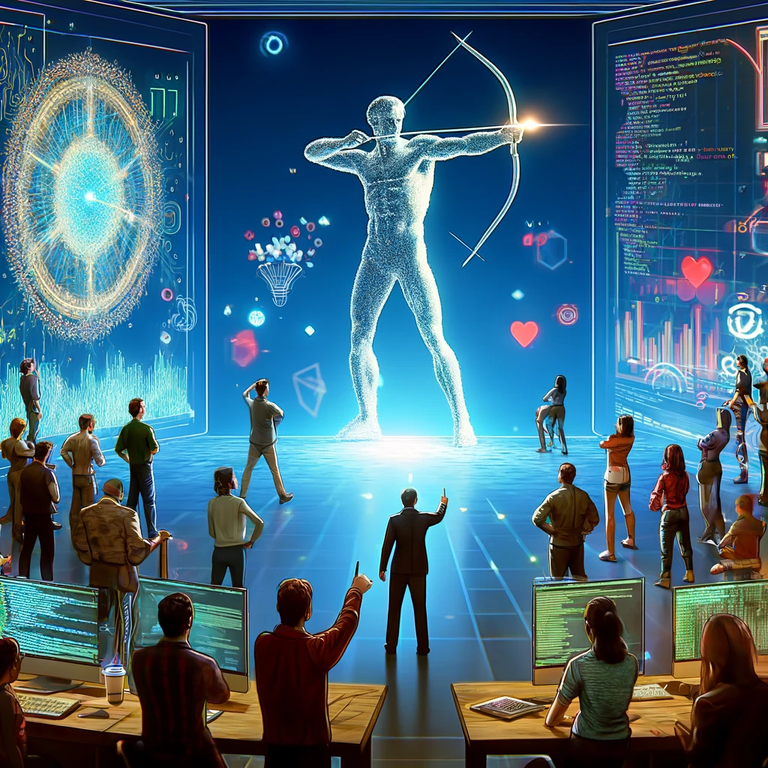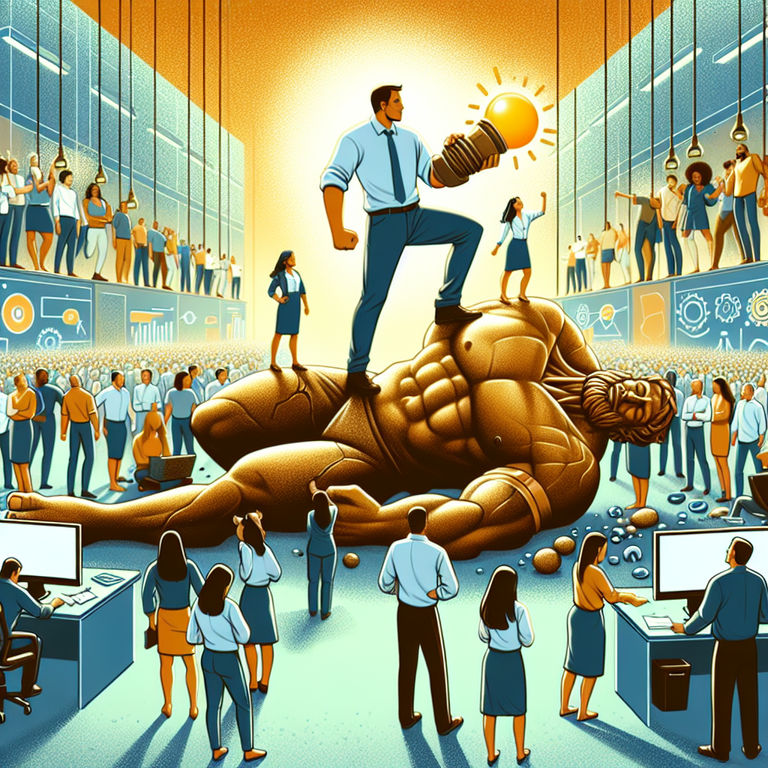Decentralized AI: Empowering Users and Developers in Challenging Big Tech's Grip

REFERENCE AT THE END OF THIS POST

Introduction
As a few large tech companies' power over artificial intelligence grows, the supervision of power and responsibility linked with that focus has become progressively more urgent. AI has been the victim of bias and censorship and has thrived on secrecy and "black box" algorithms. the development of AI has sparked numerous concerns among academics, developers, and the public. Decentralized AI is a new paradigm that promises to democratize the expansion and deployment of AI technologies, returning the influence to the individual user and creator.


The foundation of decentralized AI: beyond blockchain
Although the decentralized AI movement fundamentally seeks to spread AI development's resources and decision-making authority across a broad, decentralized network, blockchain technology has become regarded as, if not has achieved, a vital enabler of this evolution. Because it represents a lawful method for incentivizing cooperation across numerous stakeholders, supporting transmittable digital resources, and promoting approval in zones where no single entity has the ultimate authority, it gives the decentralized AI community a natural advantage. However, decentralized AI is not wholly dependent on blockchain.
Empowering users and defending privacy
Data control and interaction with personal AI ought remained the end-user's prerogative. Huddled around creating AI experience and eliminating biases, startups such as Personal AI has put an AI assistant to the marketplace that keeps user data local and gives it away only when a large AI firm wants data. afx.ai has released a platform named Vana that covers AI training data by combining user data and directly selling it to firms, allowing users to benefit from their data.
However, the benefits of decentralized AI are not limited to end-users. For developers and creators, decentralized platforms provide unique opportunities for cooperation, shared use of resources, and the development of innovative AI applications without the need to conform to tech giants' policies. In conclusion, by removing barriers to entry and providing access to powerful tools and data sets, decentralized AI has the potential to inspire a new wave of experimentation and creativity in the industry.
Path Through the Scandal and Doubt
Of course, the road to a decentralized future is far from smooth. Skeptics argue that the movement is too immature to be taken seriously and that creating truly decentralized systems on a large scale is overly difficult. The power of established tech giants and the complexity of creating and coordinating distributed networks raise numerous challenges.
However, supporters believe that the payoff is simply too high to ignore. In a world where centralized AI control leads to censorship, bias, and a stifling of creativity, decentralized AI may be the only viable option. Finally, as power and resources are spread across a wide network of participants, decentralized AI is inherently more stable, transparent, and liable.
Conclusions on the Future of AI: Democracy and Alliance
As the AI industry evolves at an unprecedented rate, they create hope for a fairer and more accessible environment. Consider a scenario in which AI and associated technology are not a few firms' exclusive domain of activity but rather a collaborative ecosystem where everyone can both give and take.
In healthcare, decentralized AI could make it possible for researchers to join forces on lifesaving discoveries without compromising their patients' privacy. It's already happening, with projects such as OpenMined making it safe to decentralize machine learning, and Ocean Protocol allowing data marketplaces for AI and data services to work. Further down the line, decentralized AI solutions could provide both students and teachers with personalized learning tools.
There is a lot to do and we will longer, and a winding road - but the end result is a world where AI empowers, and innovation thrives in collaboration. "The future of AI is not about replacing humans, but enhancing and scaling human intelligence for the good of all," says Manuela Veloso, head of research in AI at JPMorgan Chase. Each small step in the right direction takes us closer to this goal.


Source
Decentralizers look to break giants' hold over AI

INLEO Animated Divider is courtesy of @ doze
All other images were Adobe Firefly and/or Dall-E 3 generated using my prompts
Posted Using InLeo Alpha
No va ser fácil pero se logrará, saludos Jimmy
Despues Que sean positivito en sus intenciones pienso Que Si Tambien. Feliz Jueves Alberto.